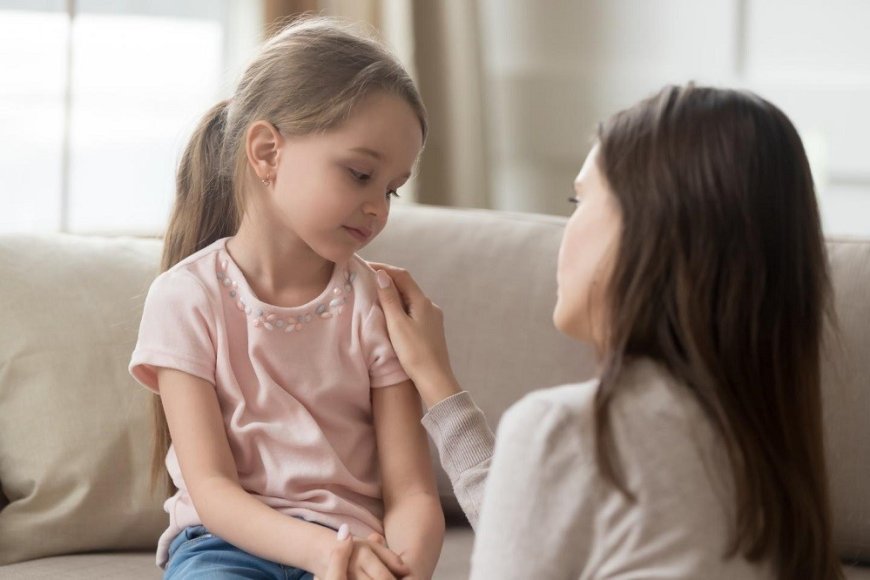Don't question your child, talk to him!
is going on in your baby's life. But questioning him may not be the best option. Find out why. Don't question your child, talk to him.

As a mother, it is normal to want to know what is going on in your baby's life. But questioning him may not be the best option. Find out why. Don't question your child, talk to him.
Why are we subjecting our children to this kind of questioning? Interviewing a child will only increase the emotional distance between you and make communication difficult. Today we will tell you why.
This is a mistake that many mothers and fathers make, and it is understandable. We want to know if our children are doing well, have difficulties at school or with their peers, and we want to know the most important events of their day. Therefore, we begin to interrogate them without taking into account that the place or form in which we are doing it is not the most appropriate.
This may work when children are young. Although, you can rarely get more than a simple, monosyllabic answer to escape the question. However, when children reach adolescence, when communication is based solely on this type of one-way dynamic, the adolescent will simply refuse to provide information.
Why should you avoid questioning your child?
We often forget that our children, in addition to being our children, are also human beings. When we talk to a coworker, friend, or family member, we do not ask him questions or make requests to him.
Therefore, if we want communication with our teenager to be good, we must treat him with respect and strive to build a relationship based on trust.
When you question your teenager, you are suggesting that you don't trust him. You put yourself in a position of superiority which shows that he must answer to you. This in turn suggests your desire to be in control, which is generally badly accepted by young people of this age.
So in a dynamic where you only ask, ask for an answer, and the child is only forced to answer, there is no dialogue, no conversation, no reciprocity. This situation is more like the relationship between a boss and an employee, a police officer and a suspect than two people who love, support and accompany each other.
It still needs you
Many parents believe that questioning, even if it is not the best, is the only way to communicate with their children and find out what is going on in their lives.
Must Read: Learning Difficulties “ How to Help Your Teenager?
Parents often say that during adolescence, a young person distances himself, isolates himself or focuses on his friends and does not share his private life with his parents.
Indeed, puberty represents an important paradigm shift. The family is no longer the center of the child's world, and friendships and social circles with peers play a leading role.
However, this does not mean that a teenager does not need and does not want the advice, affection and support of his parents. Family relationships based on affection and trust are very rewarding and necessary throughout life. Especially in a stage as complex and delicate as adolescence.
How to get close to a child without questioning him / her?
The key is to strive to build a loving, harmonious and healthy relationship. It would be very good to start bonding from childhood, but it's never too late to start or change your parenting style.
Therefore, first of all, it is imperative that you always be willing to listen. In some cases, your child will spontaneously want to share their experiences with you or will need your advice.
Be mindful of these moments, give him your full attention and show him that you are there for him.
On the other hand, also make sure that you are not judging or lecturing when it opens. If he comes to you with a problem or question and you judge his bad behavior or bad decision, he will shut up in himself. And he'll probably avoid communicating with you next time.
Advise him, but don't judge him. Be supportive.
Finally, it is important that communication is natural and two-way. That is, open up to your child, talk to him about your childhood or about what is happening on a daily basis.
Share your experiences and emotions with him so that he feels that he is reciprocated, that trust is mutual. It will be extremely enjoyable and enriching for both of you.
